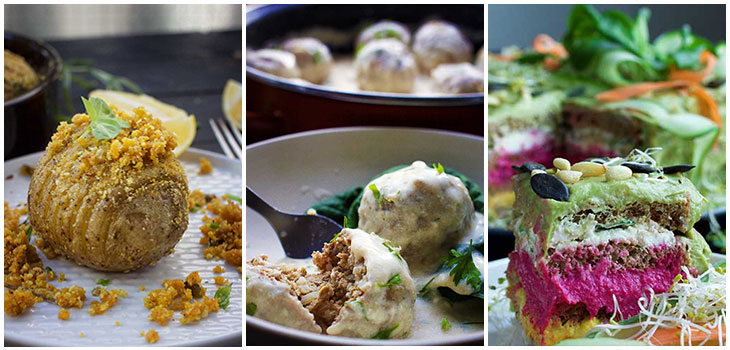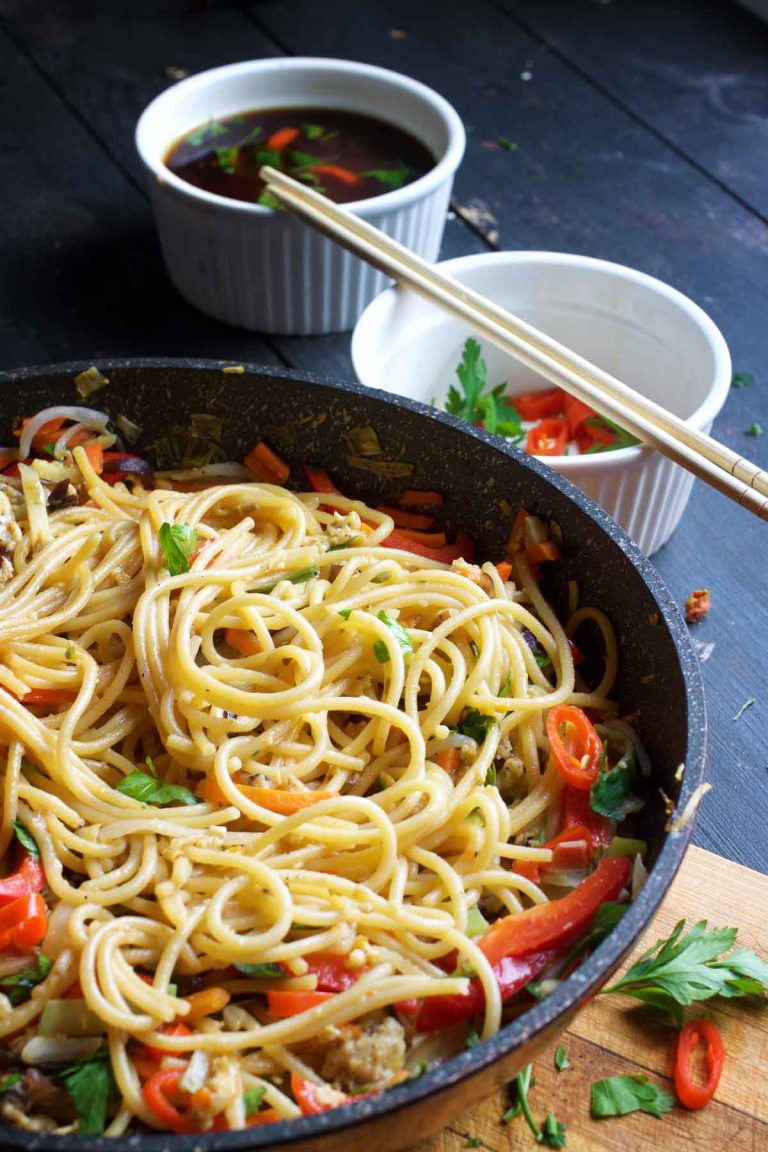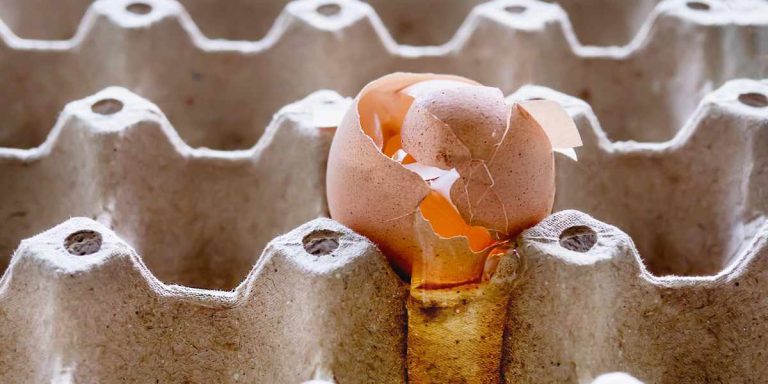Pasta Al Dente – A Bite into Perfection | Guide to Making Perfect Pasta Every Time
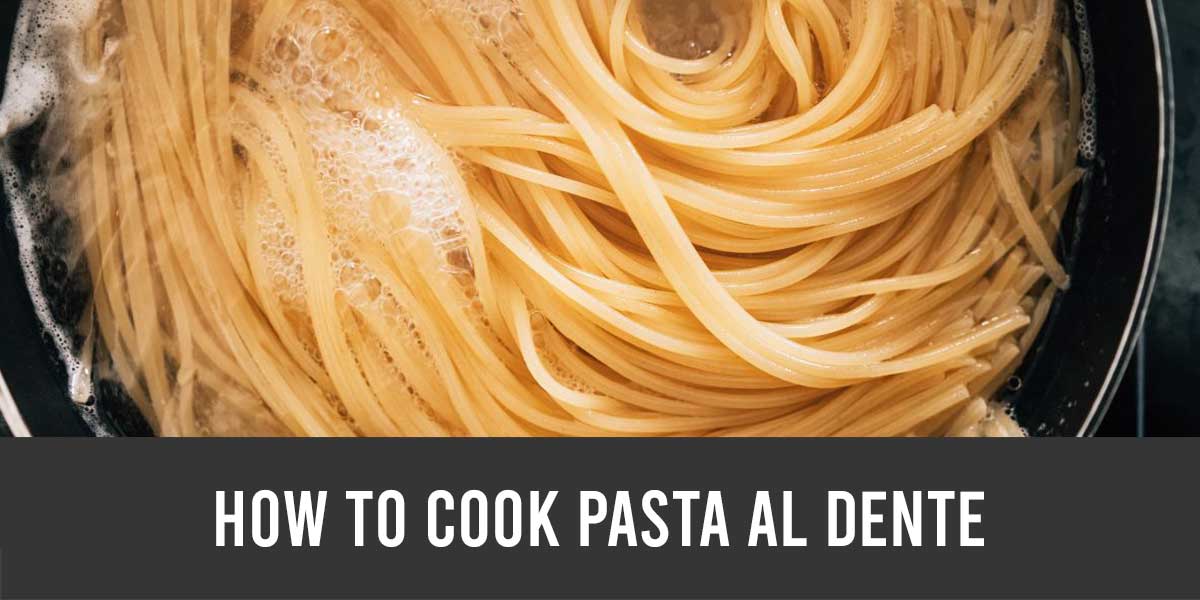
Learn how to make pasta al dente – perfectly cooked pasta every time! This guide will teach you everything you need to know in order to become a pasta pro!
When it comes to pasta, there’s nothing quite like the perfectly cooked al dente texture. Al dente pasta is tender, but still has a slight bite to it. It’s not mushy or overly soft, but it’s also not hard or crunchy. The key to pasta al dente is cooking it just the right amount of time.
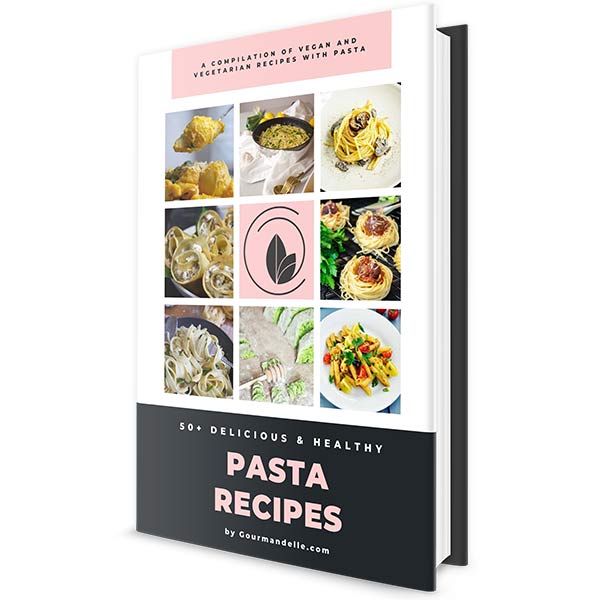
What does “pasta al dente” actually mean?
First of all, let’s define what al dente actually means. The term comes from the Italian word “al dente” which means “to the tooth.” This refers to the ideal texture where the pasta should be firm and slightly resistant when you bite into it.
How do you pronounce “pasta al dente”?
Pasta al dente” is pronounced “PAH-stah ahl DEN-the”.
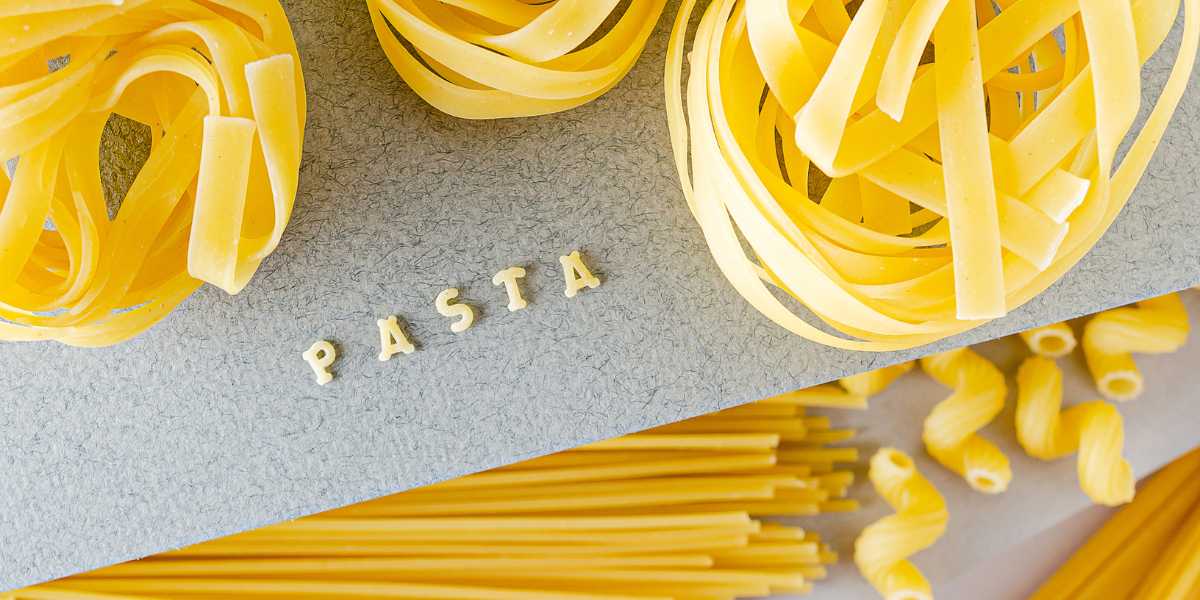
So, how do you achieve this perfect pasta texture?
How to cook pasta al dente
- Choose pasta and prepare your pot with boiling water
The first step is to start with good quality pasta. Next, make sure to use plenty of water when boiling the pasta. You want the water to be at a rapid boil and make sure to stir the pasta occasionally to prevent it from sticking together.
- Consider the cooking time
The cooking time is crucial and will depend on the type of pasta you’re using. Fresh pasta will cook faster than dried pasta, and different shapes and thicknesses of pasta will also have different cooking times. You can check the cooking time on the pasta packaging, or you can use the “taste test” method. This involves taking a piece of pasta out of the pot and biting into it to see if it’s cooked to your liking. If it’s not, give it a couple more minutes in the pot.
- Rinse with cold water
Once your pasta is cooked, drain it and rinse it with cold water to stop the cooking process. This also prevents the pasta from becoming too soft and sticky.
- Save pasta water
Another tip is to save some of the pasta water before draining it. The starchy water can be added to your sauce to help it adhere better to the pasta.
- Serve and enjoy!
Finally, serve your pasta with your favorite sauce and toppings. Whether it’s a classic tomato sauce, creamy Alfredo, or a simple olive oil and garlic, your pasta will be the perfect base for any dish.
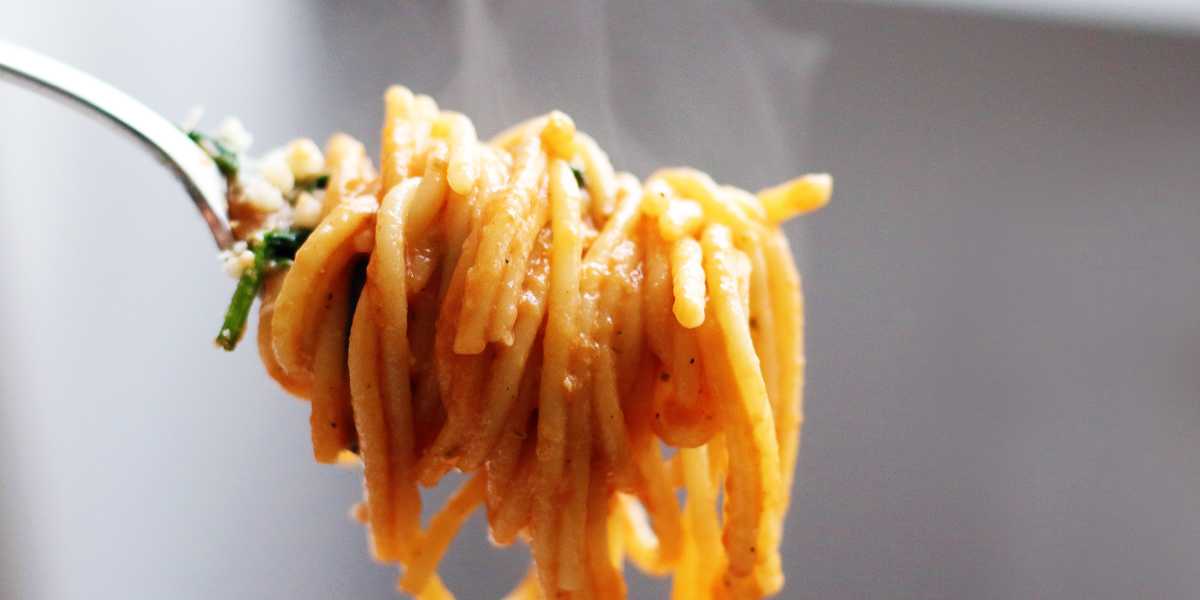
How to cook pasta al dente – the perfect time guide you need to know
Cooking pasta al dente depends on the type and shape of pasta. Al dente pasta should have a slight bite to it, but not be crunchy or undercooked. Here are some general guidelines for cooking pasta for different types:
- Spaghetti, Linguine, Fettuccine: 8-10 minutes
- Penne, Ziti, Rigatoni: 11-13 minutes
- Farfalle, Bowtie, Rotini: 10-12 minutes
- Shells: 12-14 minutes
- Gnocchi: 3-5 minutes
It’s important to keep in mind that these are just general guidelines and that the actual cooking time may vary based on the specific pasta brand and the heat of your stove. To be sure, taste a strand of pasta every minute or so starting about 2 minutes before the estimated cooking time. When the pasta is cooked to your liking, remove it from heat, drain, and rinse with cold water to stop the cooking process.
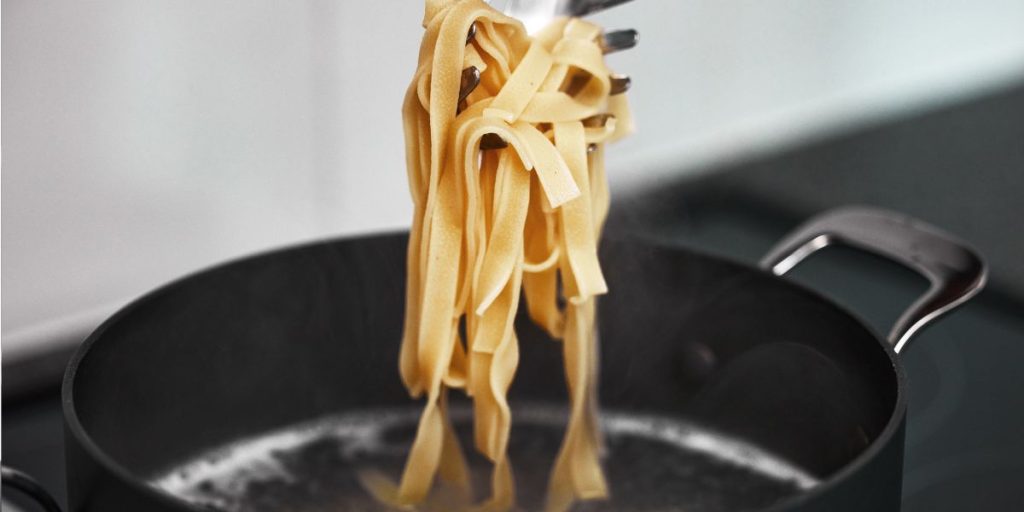
Did you know that cooking pasta al dente is better for your health?
Cooking pasta with this method also has several health benefits:
- Lower Glycemic Index: Al dente pasta has a lower glycemic index, which means it releases glucose into the bloodstream more slowly, helping to regulate blood sugar levels.
- Higher Fiber Content: Al dente pasta has a higher fiber content than overcooked pasta, which is good for digestive health and can help reduce the risk of heart disease.
- Better Nutrient Retention: Al dente pasta helps retain more of the pasta’s nutrients, such as vitamins and minerals, compared to overcooked pasta, which can cause the loss of some of its nutrients.
- Lower Calorie Count: Al dente pasta has fewer calories than overcooked pasta, making it a healthier option for those watching their calorie intake.
- Better Texture: The firmer texture of al dente pasta can be more satisfying and enjoyable to eat, making it easier to stick to a healthy eating plan.
Recipes with pasta you’ll want to try
10 Pasta Salad Recipes That Are Effortlessly Delicious
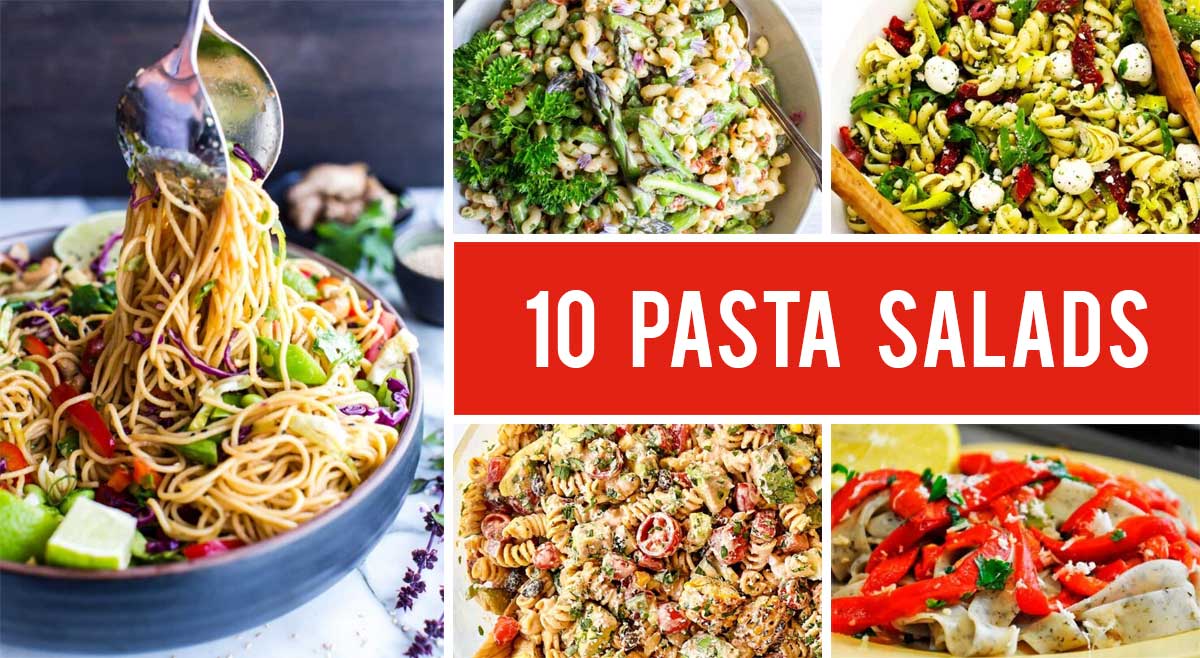
Take your lunch game to the next level with these fresh and delicious pasta salad recipes! This article features a variety of pasta salad recipes, including classic pasta salad, Mediterranean pasta salad, and more, along with tips and tricks for making the perfect pasta salad.
10 Vegan Pasta Recipes You’ll Want To Make Again and Again
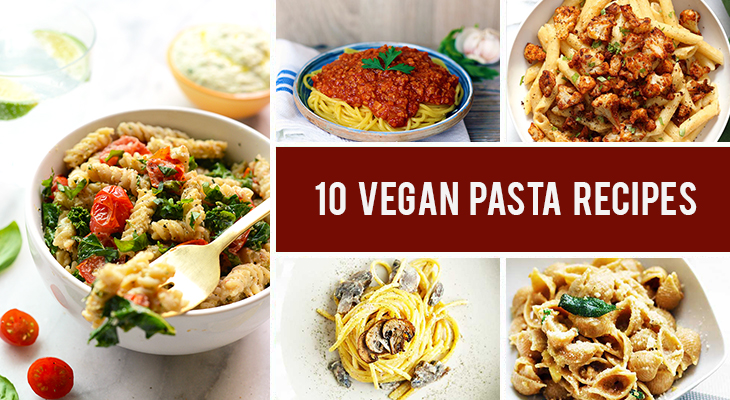
Satisfy your cravings without sacrificing flavor with these top-rated vegan pasta dishes.This article includes a variety of vegan pasta recipes, such as creamy tomato pasta, mushroom alfredo, and more, showcasing how easy it is to make delicious and healthy pasta dishes without using any animal products.
With these tips and tricks, you’ll be able to achieve the perfect pasta every time. So, grab your apron and get cooking!
If you make this, please leave a review and rating if you liked this recipe! ★★★★★


